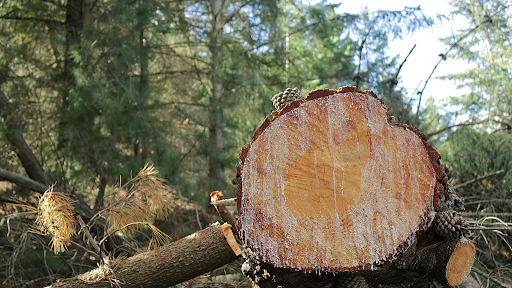



Researchers at the Central Marine Fisheries Research Institute (CMFRI), Kochi, have decoded the gene expression pattern of the Indian squid (Uroteuthis duvaucelii). This cephalopod, found in the Indo-Western Pacific and Indian Ocean, exhibits advanced problem-solving, camouflage, and jet propulsion abilities. CMFRI, established in 1947, focuses on sustainable marine fisheries research.

Disclaimer: Copyright infringement not intended.
Researchers at the Central Marine Fisheries Research Institute, Kochi, claimed to have decoded the gene expression pattern of Indian squid (Uroteuthis duvaucelii).
|
Category |
Details |
|
Scientific Classification |
Cephalopod |
|
Physical Features |
Color: Light pink-gray body with two large fins. |
|
Abilities |
Advanced nervous system |
|
Preferred Habitat |
Coastal and open sea areas in the Indian Ocean. |
|
Distribution |
Indo-Western Pacific, Indian Ocean, Red Sea, Arabian Sea. |
|
Conservation Status (IUCN) |
Least Concern |
About Indian Council of Agricultural Research (ICAR) - Central Marine Fisheries Research Institute (CMFRI):
It was established in 1947 under the Ministry of Agriculture and Farmers Welfare in India.
In 1967, it joined the Indian Council of Agricultural Research (ICAR) family and became a leading tropical marine fisheries research institute globally.
Headquartered in Kochi, Kerala.
READ ABOUT
Source:
|
PRACTICE QUESTION Q. Consider the following statements regarding the Indian squid:
Which of the above statements is/are correct?
Answer: A Explanation: Statement 1 is correct: The Indian squid (Uroteuthis duvaucelii) belongs to the class Cephalopoda and has eight arms and two longer tentacles used for capturing prey. Statement 2 is incorrect: While the Indian squid is found in coastal and open sea areas of the Indian Ocean, it prefers areas with high dissolved oxygen levels, not low. Statement 3 is correct: The Indian squid has an advanced nervous system and is known for its problem-solving skills and ability to camouflage. Statement 4 is incorrect: According to the IUCN, the conservation status of the Indian squid is listed as Least Concern, not Endangered. |






© 2026 iasgyan. All right reserved